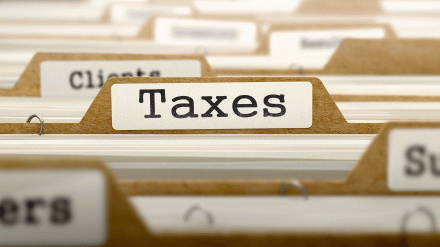The essentials of clergy taxes, including IRS reclassifications, deductions, and tax impacts for churches and clergy members.
Key Takeaways:
- IRS reclassification can impact clergy taxes significantly.
- Self-employment deductions may no longer apply if reclassified as an employee.
- Social security tax liabilities change based on classification.
Clergy taxes can be complex, especially when the IRS reclassifies self-employed clergy as employees. This article outlines what clergy members and church leaders need to know about these tax implications.
How IRS Reclassification Affects Clergy Taxes
When the IRS reclassifies a clergy member from self-employed to employee, several tax consequences arise:
- Income Tax Increases: Clergy lose access to certain “above the line” deductions available to self-employed individuals. These include:
- Deductions for half of self-employment tax.
- Health insurance premium deductions.
- Keogh retirement plan contributions.
- Expense Deduction Changes: Business expenses, if unreimbursed or reimbursed under a “nonaccountable” arrangement, are no longer fully deductible.
- Social Security Tax Decrease: Employees pay a 7.65% tax rate, compared to the 15.3% self-employment tax rate.
Refunds and Offsets: IRS Policies
If a clergy member is reclassified, the IRS has policies regarding refunds and offsets:
For example, if a church treats a clergy member as self-employed and issues a 1099, the IRS may later reclassify them as an employee. In such cases:
- The IRS refunds the excess social security taxes paid as a self-employed person.
- However, this refund may be offset by the additional income tax liability resulting from the reclassification.
Source: FSA 1992-116.1
Example:
Assume a church treats its full-time custodian as self-employed, issuing a 1099. If the IRS reclassifies the custodian as an employee:
- The custodian is entitled to a refund of excess social security taxes.
- The IRS may offset this refund by the custodian’s increased income tax liability.
FAQs About Clergy Taxes
- What deductions are clergy members eligible for?
Clergy may claim deductions for housing allowances, travel expenses, and professional costs, depending on their classification. - What happens if a clergy member’s tax status changes?
Reclassification impacts deductions, income taxes, and social security obligations. - Are clergy members considered employees or self-employed?
It depends on their role and the church’s treatment of their tax status. - How can churches avoid tax misclassification?
Consult a tax professional and ensure proper documentation for clergy roles and responsibilities.
Conclusion
Understanding clergy taxes is essential for churches to remain compliant and for clergy members to optimize their tax strategies. Be proactive in reviewing IRS classifications and consult a tax professional to ensure accuracy and compliance.
For more information, consult the IRS guidelines or explore resources on Church Law & Tax.





